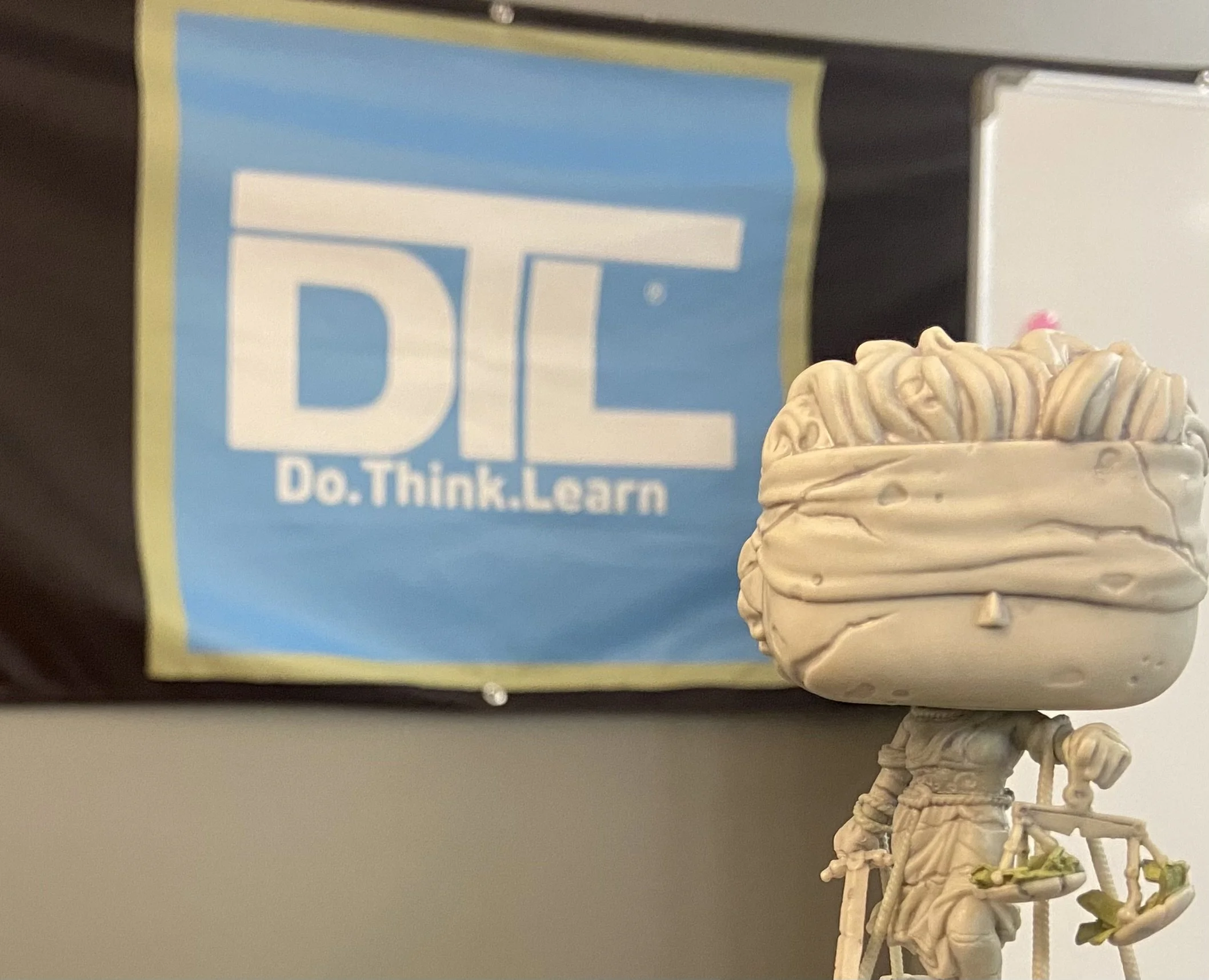The struggle feels more real today. Most weeks I struggle to choose which struggle to focus on. For today let me focus on dispelling a common misconception about microschools - that only political wingnuts, religious zealots, and hippies send their kids to microschools.
Unpacking this misconception helps address other parental misconceptions and anxieties around microschooling. The first fits under the framework that I call ‘The Stanford Fear.’ Really you could insert what college into the name, but usually this gets verbalized as, ‘how will my child get into Stanford’ (if they go outside the traditional avenues of schooling)? The second centers on calling microschools alternative schools. To be clear, not every student needs to go to college let alone Stanford and calling microschools alternative schools damages the possibility of many parents sending their child to a microschool.
A multitude of microschools exist around the country. So yes some do have or were formed as a result of some deep rooted political or religious ideology. And yes, other schools have some crunchy notions of peace, love, and let my kid do whatever they want philosophy. In reality, microschooling reflects the multitude of students in our communities and exists to provide avenues to educational success for those students outside the traditional school options. However, that doesn’t mean we should refer to microschools as alternative schools.
The phrase “alternative school” comes with considerable baggage for many parents. That baggage is rarely positive. A good number of adults hear “alternative school” and think “school for fuck ups.” Others hear the term and picture barefoot students finger painting in geometry class or expressing themselves in a decidedly nonacademic manner. Yes, adults with that parental baggage should talk it over with their therapist. Yet, with those ideas weighing on their thinking, parents will usually opt to keep their student in an educational factory that isn’t working for that student or that family. They do this out of the most basic parental anxieties - how will my child ever be successful and get into a good college if they go to an “alternative school?”
Until recently I lumped these fears under a ‘they’ problem - something to be aware of, but not something to concern myself with. Now, this is most definitely a ‘me’ problem. As I work to grow Do.Think.Learn and increase enrollment I constantly run face first into the wall created by the “alternative school” label and the parental concerns over their child’s future..
If we rephrase how we describe microschools, we can alleviate some of these parental fears and increase the likelihood that more parents will choose microschooling over traditional institutions of learning. Change the language. Change the message. Change what people hear.
Ok let’s review. Yes, microschools do provide learning environments that represent alternatives to the usual suspects of school options. However, instead of calling them alternative schools, how about we refer to them as alternatives to traditional schools? Hmmm, we may need a descriptor that differentiates microschools more. We could tell people that microschools reflect innovations in education? Using phrases like “innovation” seem promising. People like hearing about innovation and it doesn’t trigger nearly as much parental anxiety.
I have never adopted any technology early. In the late 70s I even told my cousin Aaron that nobody would ever want a computer in their home. In the 90s told me to get on board with email or I’d be lost in the technological boonies of the future. Yet, I tell people all the time that traditional school environments reflect outdated technologies such as dial up wifi and landline phones. They understand and get comfortable with this analogy reasonably quickly which extends their willingness to hear more about microschools. As parental anxieties diminish and the conversation continues, I explain how microschools can provide a blend of old school and new school education practices designed to support their child’s success and better meet their needs in school and beyond. And that, I believe, sits at the core of most parental fears and anxieties.
Words matter. Understanding what parents want and what they worry about also matters. Choose how you describe microschools carefully in order to dismantle that struggle bit by bit.
Thinking that microschools exist only for wingnuts, zealots, and hippies is a tad outdated (although those schools are out there). More recently, microschools have emerged to better meet the needs of neurodiverse students (although I fear neurodiverse will become a marketing catchall in the near future). Microschools such as Do.Think.Learn also exist. These schools mix academics and a less traditional
approach for small groups of students so those young adults can rediscover their confidence, build their skills, and realize that they too can succeed in school.

